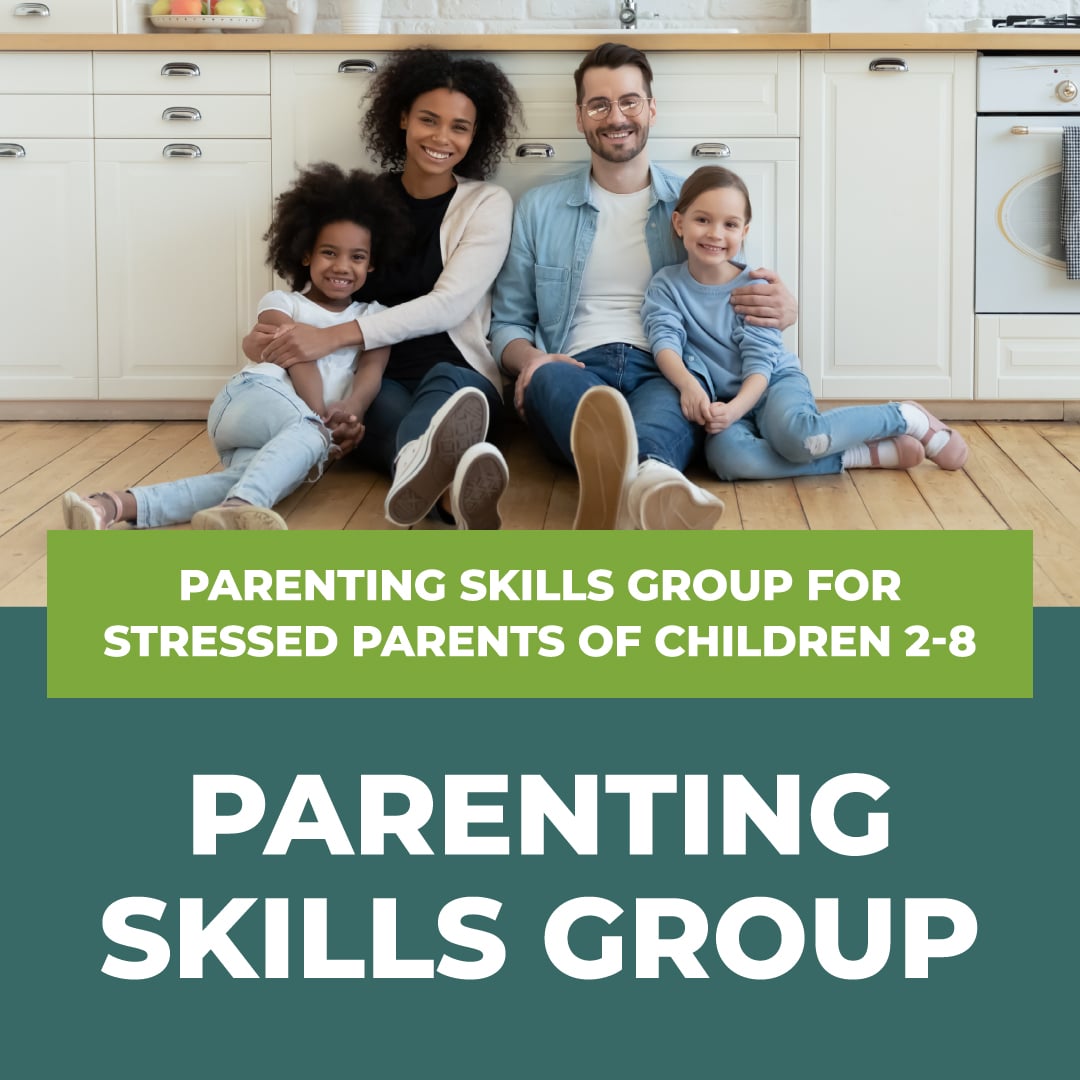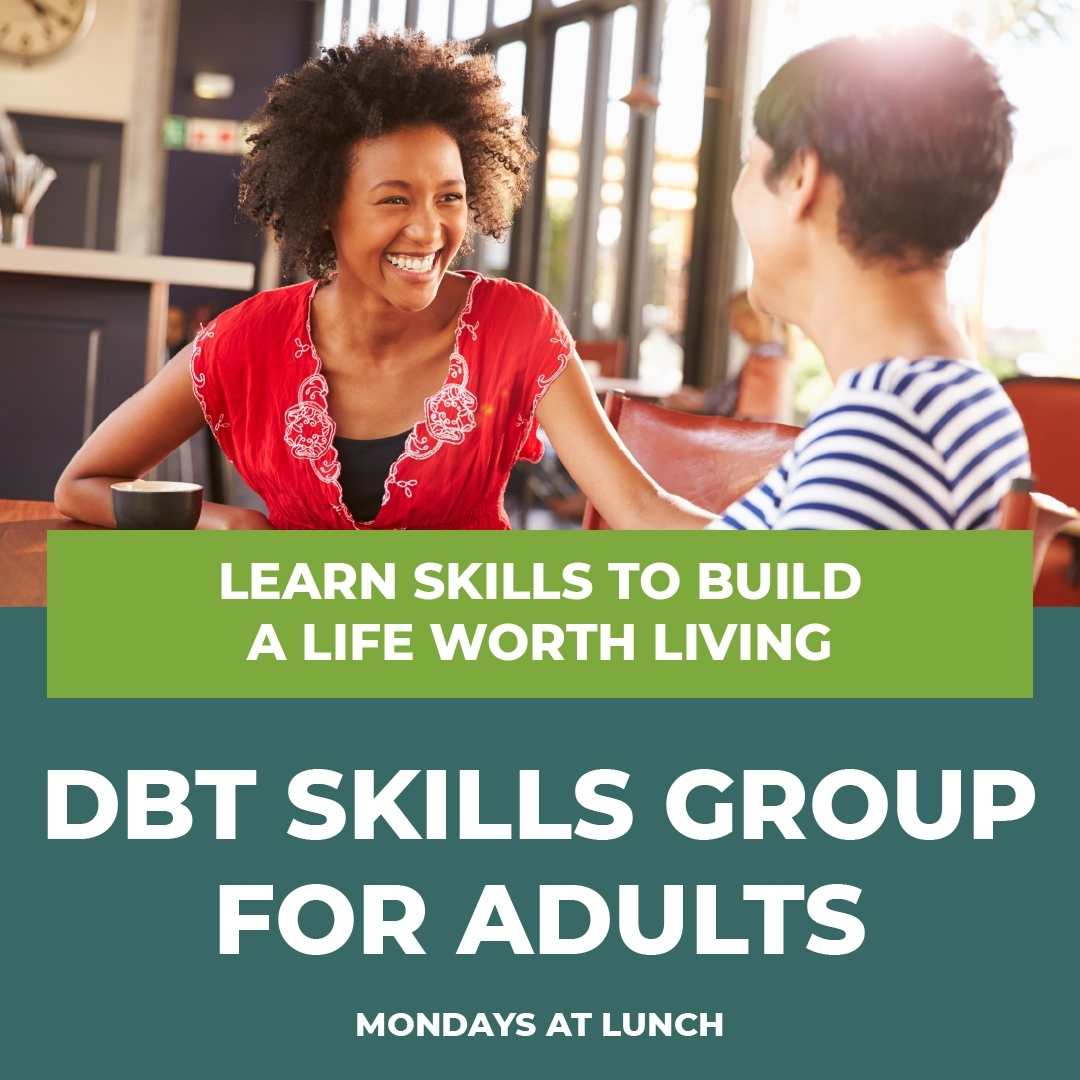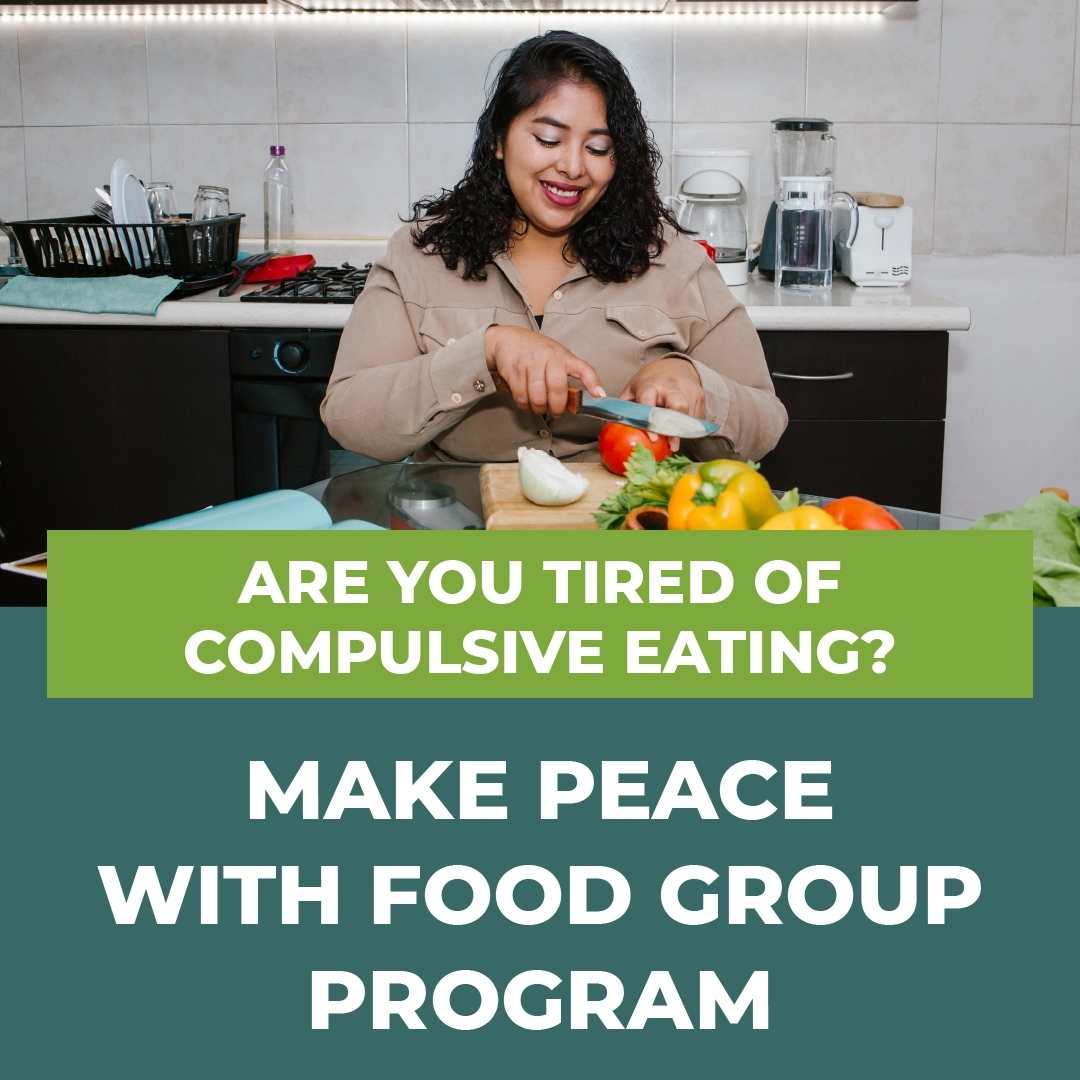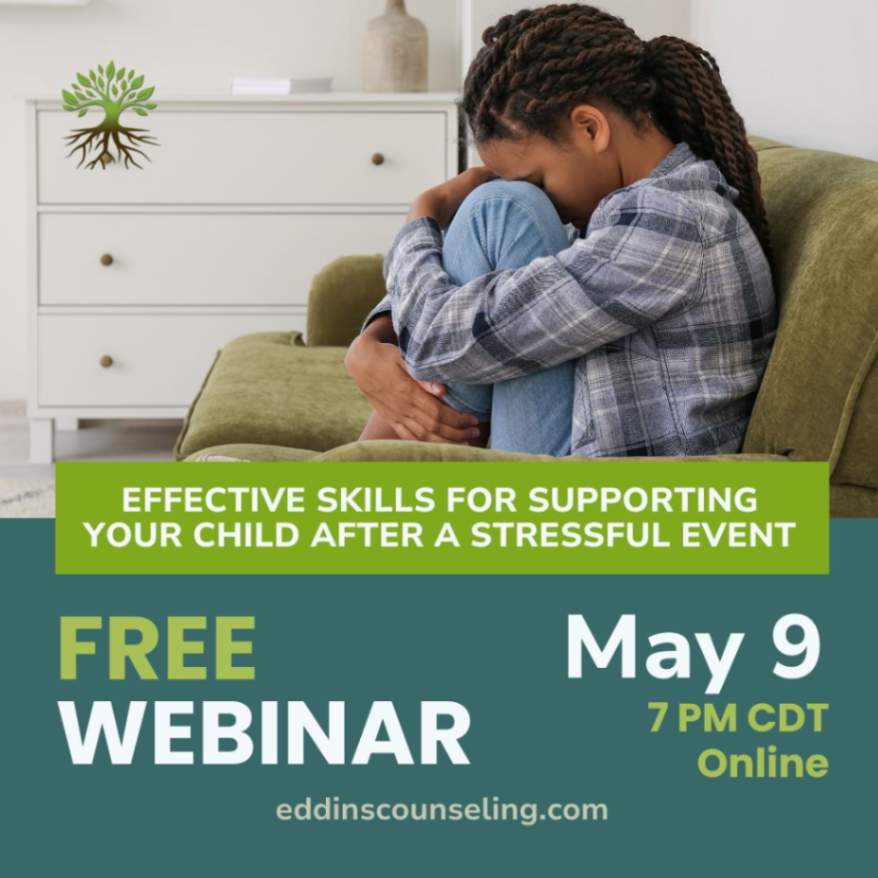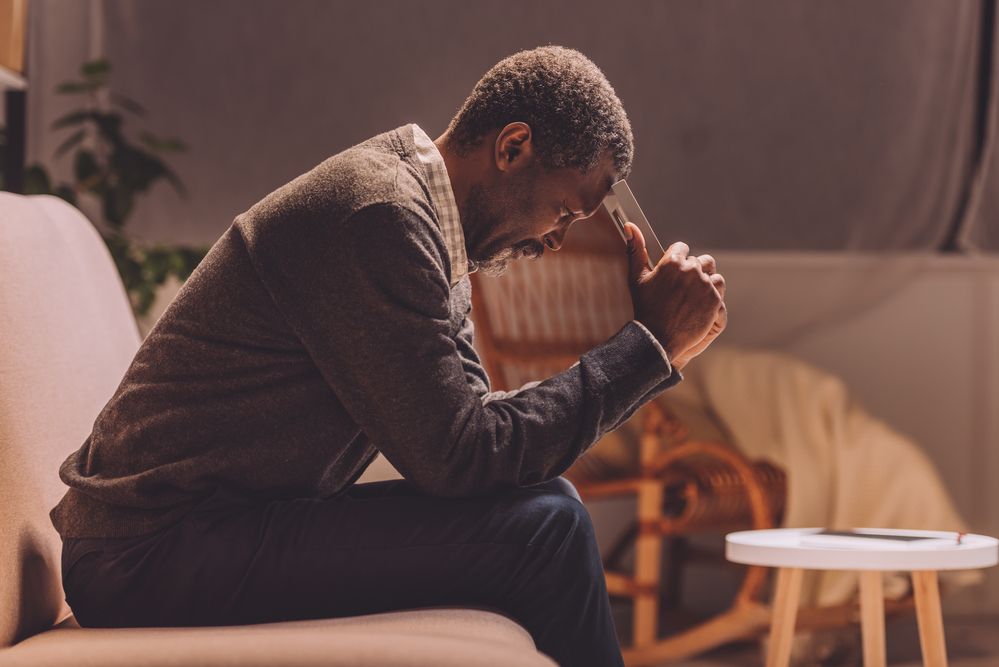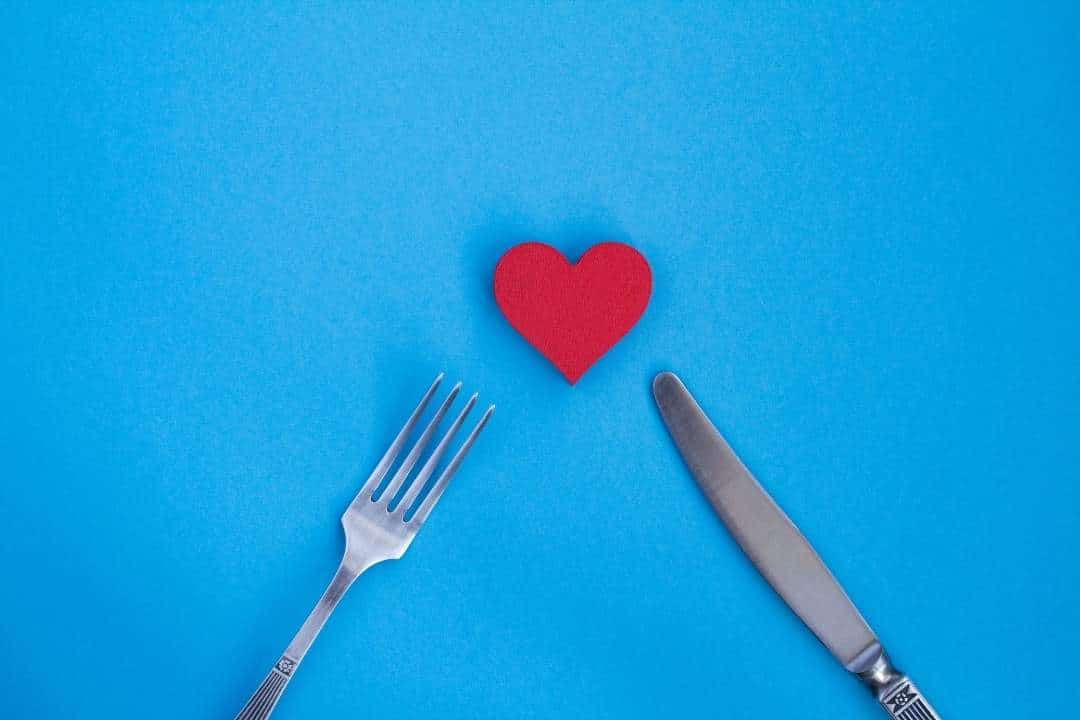April 6, 2016
9 Ways to Cope with Emotional Pain (without Food, Alcohol or Shopping)
Written by Rachel Eddins
Posted in Emotional & Mental Health, Emotional Eating & Body Image and with tags: binge eating, emotional health, emotional regulation, self care, self-compassion

Tara is a sensitive person.
She finds herself taking on the emotional experiences of others; she can’t stand to see anyone in pain. Tara feels scared, small, and overwhelmed when problems arise, and she turns to food to stop the emotional flood. After eating, Tara doesn’t feel better for long.
Compulsive Behaviors Help You Soothe Emotional Pain
If you find yourself eating emotionally, or you engage in other compulsive behaviors like gambling, shopping, or sex in order to feel better, the first thing you should know is that what you’re doing makes sense.
Compulsive emotional actions are attempts to soothe. Food seems to offer immediate solace when you can’t afford to feel what you’re feeling.
This is especially important when you experience persistent pain. For example, the child in an abusive household needs a tool to soothe and survive the pain.
The problem is that over time compulsive behaviors don’t allow you learn to cope and heal from pain or trauma. Compulsive behaviors bury and irritate your emotional pain.
Compulsive coping teaches you that dealing with a problem means pushing it away until it becomes an automatic reflex to avoid pain.
How to Deal with Emotional Pain
Emotional pain is at the root for the majority of reasons people seek out therapy.
Emotions can lead to distressing thoughts such as “what if” thoughts or judgment thoughts (towards the self – sadness, or others – anger.)
They can also make us feel uncomfortable physically (chest pain, fatigue, tension, stomach ache).
And they lead to emotion-driven behavior such as avoidance, withdrawal, aggression, etc, which can perpetuate the cycle of emotional pain.
Changing your experience with overwhelming emotions starts with changing your behaviors – how you think and how you act and letting go of some old coping mechanisms that no longer work.
Why is it so Hard to Cope with Emotional Pain?
Emotions are useful. They help us adapt. We can’t control, stop, or get rid of them.
However, what nature intended as a warning signal can blow up when we avoid them, push them down, numb them, or use coping strategies that push them aside temporarily.
What we resist, persists.
Negative emotions are a signal that something is wrong or threatening and push us to cope. Here’s a brief summary (click here for a longer list of emotions and their function):
Anxiety – pushes us to avoid dangerous situations.
Anger – drives us to fight back against threats, damage, and hurt.
Sadness – encourages us to slow down and withdraw, to seek quiet time for processing a loss, or to recalibrate our efforts after a failure.
Shame – demands that we hide and stop doing what might result in disapproval.
Research shows that some of our coping behaviors contribute to emotional pain. If you find yourself engaging in behaviors such as overeating, excessive TV watching, shopping, drinking, etc, you may find it hard to deal with emotional pain.
You are doing the best you can to cope, but the emotional issue is still there. It’s just postponed or numbed. Unfortunately, it comes back when it’s not addressed.
Compulsive behaviors are often the result of emotional traumas—painful events and relationships that bring personal growth to a halt, and keep you trapped in the moment of injury. Because you’re sensitive to pain, and attuned to others’ feelings, you get overwhelmed easily.
If your early relationships are your biggest roadblocks, or you haven’t been able to work on the skills you need to feel confident when trouble shows up, you can still learn healthy ways to cope.
Nine Ways to Cope with Emotional Pain
1. Find a New Hobby

Pick up a new hobby, something that you’ve always wanted to try or maybe something that you already know you love but haven’t made the time for. Love to read books? Borrow a book from the local library or purchase one on your tablet and start reading!
Do you enjoy looking at other people’s scrapbooks? Start one of your own! Create a vision board and paste images of everything that speaks to you. Use this to help you identify your interests and passions.
If you’re local to Houston, consider spending time in one of these pottery shops or art studios and get those creative juices flowing!
2. Move Your Body
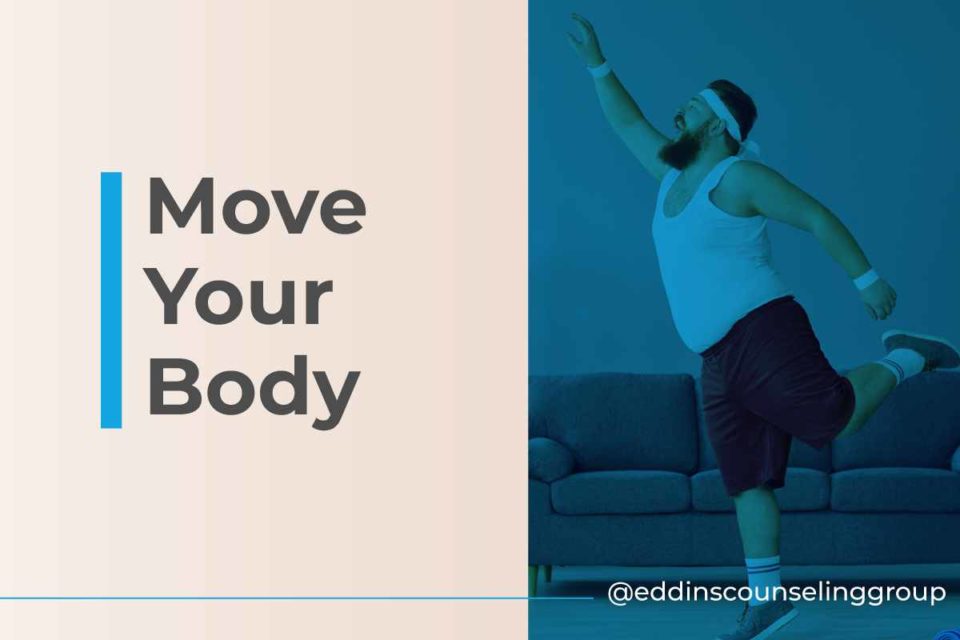
While suffering from emotional pain you may not even want to get out of bed. Unfortunately, this can contribute to greater heaviness and depression.
Instead, go for a short walk around the block. Stand up and stretch. Do a short beginner yoga video online (doyogawithme.com is one to try) or try one of these Houston yoga studios. Dance to uplifting music in your living room.
Any type of physical movement can help you release the pain from your body. It feels counter-intuitive, you don’t have the energy to move, so how can moving help? Yet, moving when you’re feeling down can give you energy and lift your spirits. It can also help mobilize your nervous system giving you energy.
Learn more about this simple strategy to cope with trauma.
3. Don’t Ruminate
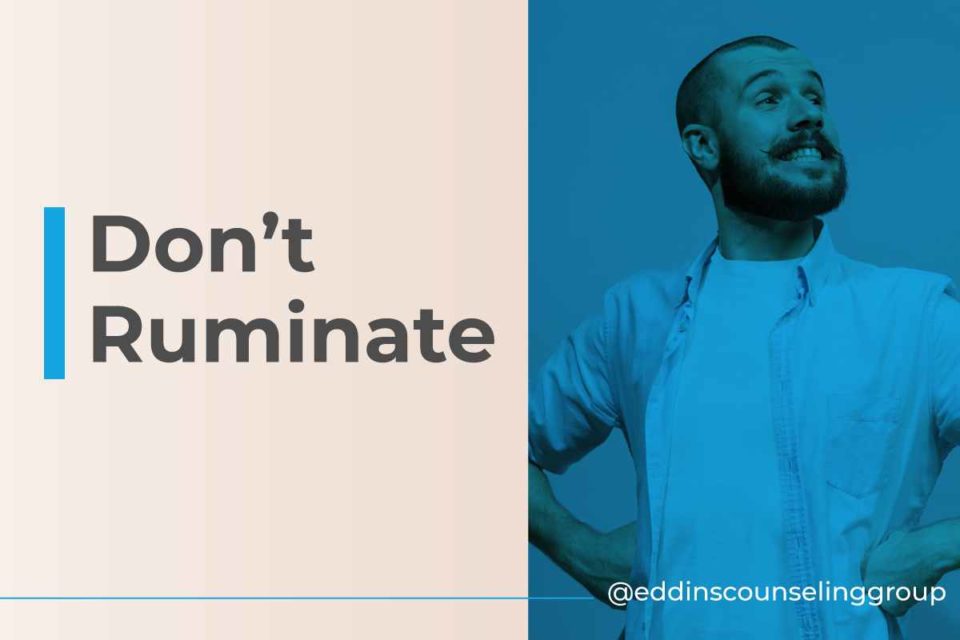
Don’t torture yourself by fixating on what caused the pain you’re suffering from. What has happened has already been done and cannot be undone.
Going over it again and again in your mind will only make things worse for you.
If you need to, ask yourself:
- What can you do now?
- What control do you have over the situation?
Watch out for shaming and blaming yourself as well.
If nothing can be done, your best choice is simply to accept what is and allow yourself to feel what you feel.
It can be helpful to process your feelings with a friend, therapist or even write them out in a journal. When you access your feelings it can help you shut off your mind.
4. Stop Telling the Story
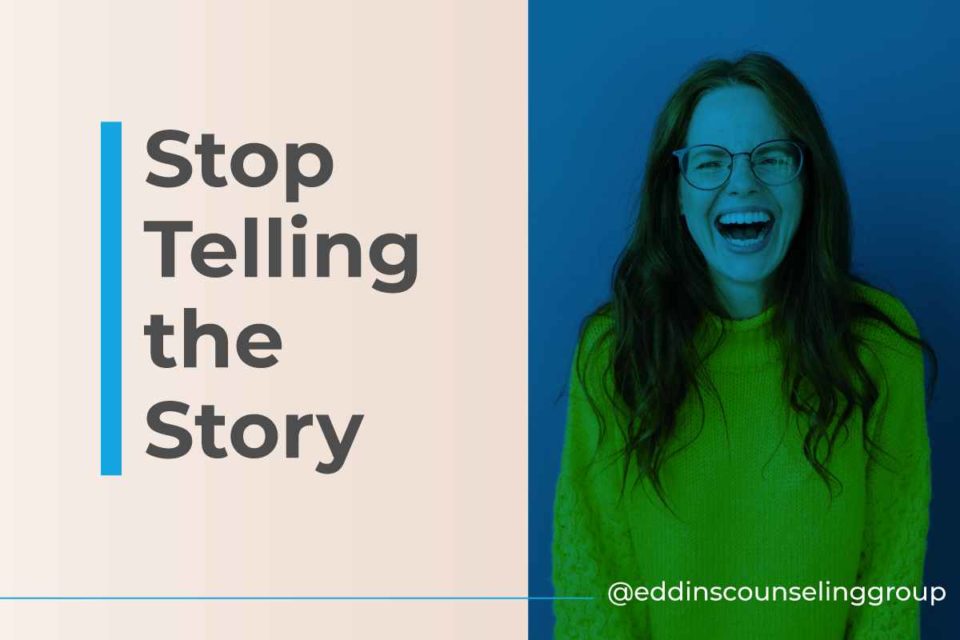
You may think that you’re no longer worrying about what caused the pain, but as soon as there is an open ear willing to listen, you find yourself retelling the story.
At first this can help, but at some point you have to stop telling the story as you’re just opening up the wound again.
Rather, focus on where you are now.
- What have you overcome?
- What resources have you used to get past the emotional pain?
Rather than venting, sink deeper into your most primary feelings about the situation and allow yourself to really experience them. Sometimes, we get caught up in our secondary emotions around pain such as anger or anxiety, while blocking our most primary and important feelings, such as hurt or sadness.
Sometimes, while counter-intuitive, you can experience relief when allowing your most primary and painful emotions to express themselves. This is the emotion regulation strategy of name it to tame it.
Simply acknowledging and verbalizing what we feel can allow the feeling to dissipate (this is heavily backed by research. It works!)
If you’ve experienced significant stress, it’s also important to be sure to address your emotional wounds through therapy.
Trauma isn’t always a car accident or natural disaster. You could be reeling from an unhealthy childhood relationship or an early loss.
If you’re seeing new problems from an old, painful perspective, stress can accumulate quickly. Trauma therapy can help you identify the tools you need to be able to move on from your past.
5. Start Keeping a Journal
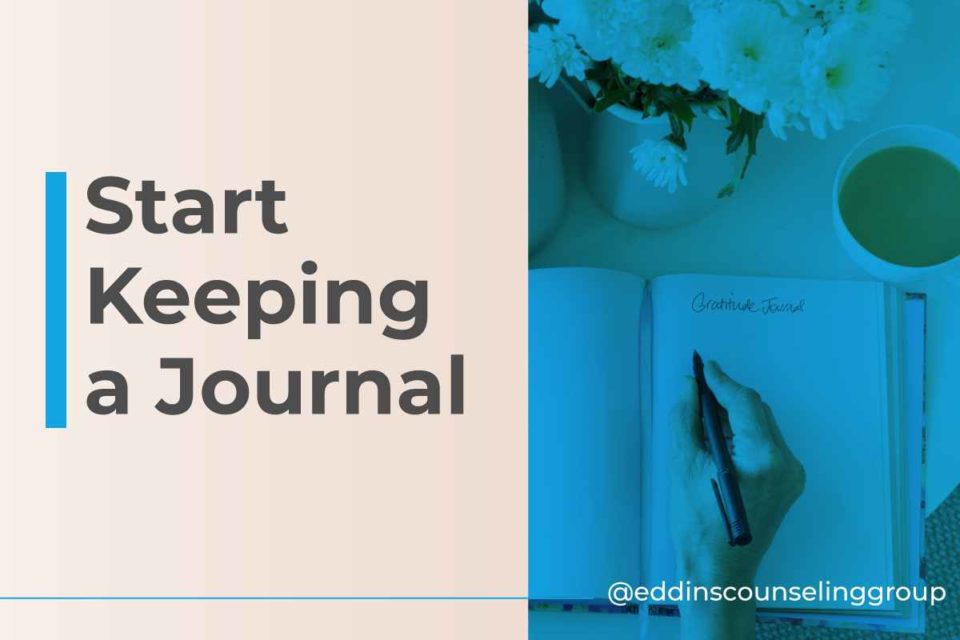
Did something good happen to you today? Write it in your journal along with a comment about how you’ll overcome this.
Something like, “I feel like I will have trouble trusting again. However, I know that one person out of the millions that surround me every day caused this. There will be others worthy of my trust. This one person wasn’t deserving of my trust, anyway.”
6. Cry
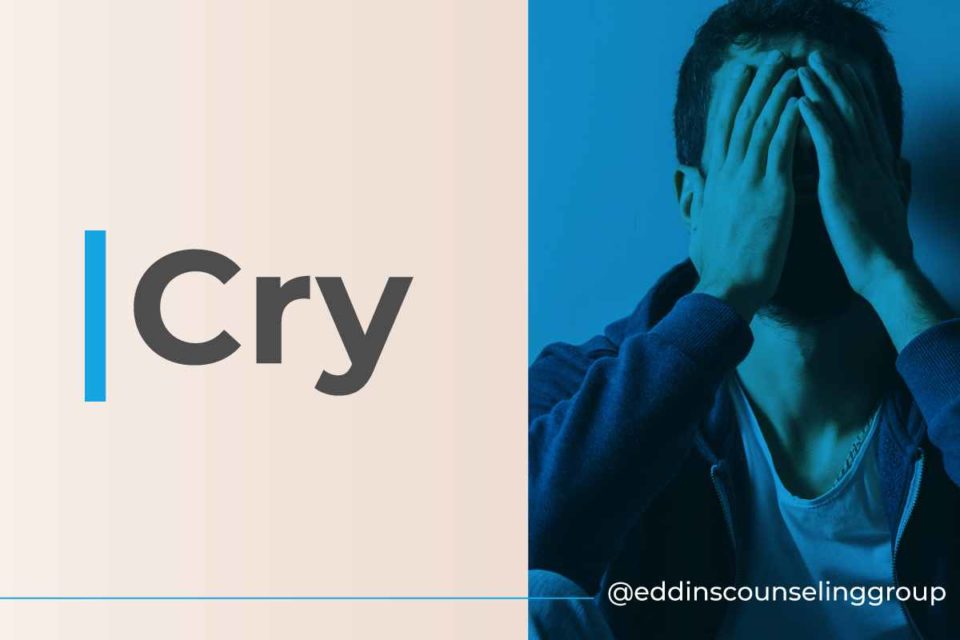
Have you been fighting back the tears? Don’t. Let them go.
Crying has health benefits such as releasing toxins from your body and relieving stress.
Meanwhile, bottling up such emotions can only poison your body and mind.
Actually, this is true. When we suppress or block our emotions, our body uses physical strategies such as constricting muscles, altering breathing, and so forth. These behaviors over time can lead to physical symptoms with digestion, chronic pain or immune related issues.
If you find it difficult to cry, try watching a movie that has similar themes to the pain you’re in.
7. Open Yourself to Others, Let Them In
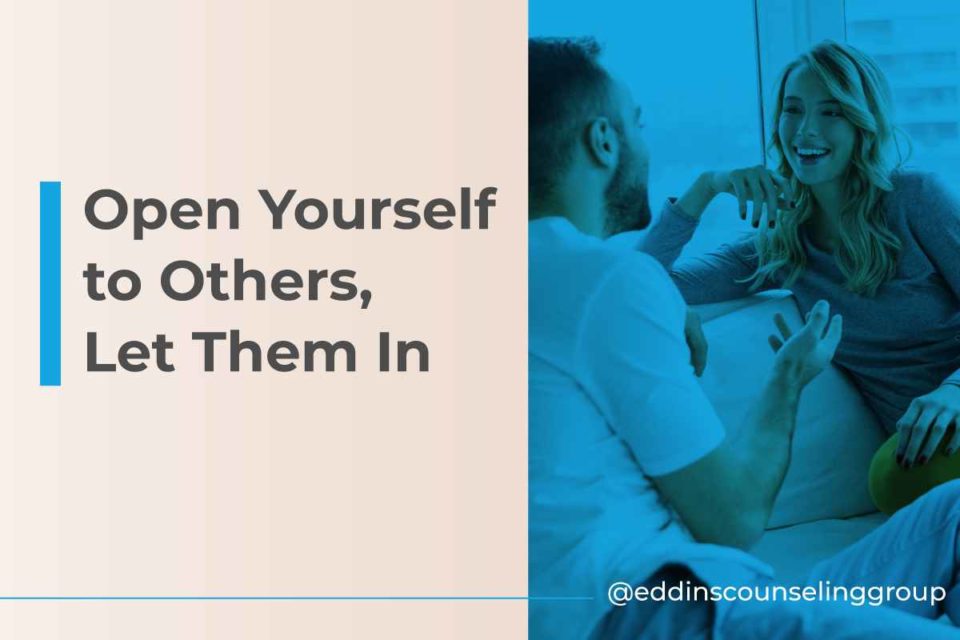
Does it hurt you to see your loved ones suffering? The same goes for your loved ones when they see you suffering.
Don’t lock yourself up in your room and avoid others. Let them in, it benefits both them and you. Humans are social creatures, isolating yourself ends up exacerbating your pain.
Connection is the antidote.
At the same time, it’s also important to draw your emotional boundaries.
Empathy is an important part of being a good friend to others, but you might be empathizing too much if you instinctually feel what others are feeling for yourself.
It makes sense that if you’re feeling your feelings, and you’re feeling everyone else’s feelings, emotional distress could quickly become alarming.
When you’re feeling overwhelmed, try sifting through your thoughts and emotions to see which ones belong to you, and which ones are visitors dropped off by someone else.
8. Make a List of What You’re Thankful For
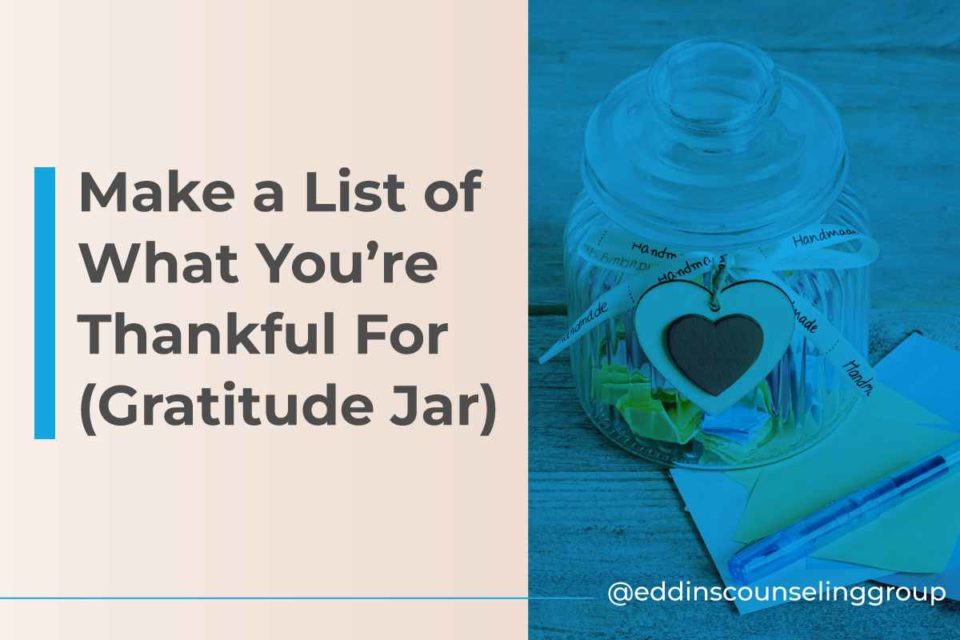
Write down everything that is good and positive.
- Are you thankful for your loving mother?
- Your supportive father?
- Even something like having a roof over your head counts.
Write it all down and reflect upon it.
Practicing gratitude can give you perspective. The point is not to disregard negative emotions. It’s important to allow yourself to feel and experience those as well. Rather, the point is to also recognize the good. Sometimes, we can get caught up focusing on what’s “wrong” and lose sight of all the “what’s right.”
A nice individual or family ritual to keep a gratitude jar. At the end of the day each person writes one thing they’re grateful for a slip of paper and places it into the jar. At the end of the month/year you can open and read them together or whenever you need to remember the good things.
Practice acceptance.
Compulsive behaviors often seem like the most viable option when you think you need to change what you’re feeling right away.
Practice noticing your thoughts, without labeling or judging them.
Notice what you are feeling deep inside your body and let it be. Make room for difficult sensations.
We often respond to emotional pain by tensing up or trying to make it go away.
Sometimes, when you just allow it to be there, it dissipates on its own.
If you still feel like your thoughts or emotions are too dangerous to let in, it’s worth it to seek help.
A relationship with a therapist can allow you to unburden yourself of a weight you just can’t carry alone.
9. Name it to Tame It

When you are struggling with emotional pain, take a moment to simply NAME what you are feeling.
Research shows that naming our feelings can relax the intensity of what we are experiencing. Thus, name it to tame it.
For help with identifying your feelings, use our feelings chart. To take it to the next step, use your feelings to identify what you need most.
10. Find calm.
Calming techniques allow you to get to a place where you’re able to address a problem. Finding a sense of calm in the middle of a storm might mean lying down for a few minutes, focusing on your breath, or going to a favorite nature spot before reacting.
Hopefully, you start to see that maybe the problem is manageable.
11. Plan Ahead
One of the biggest difficulties in learning healthy coping is that growth isn’t immediate—at times, you might wonder if you’re making any progress at all.
Try committing ahead of time to being gentle with yourself, on what can feel like a long journey.
You can also plan ahead by thinking practically. If your compulsive struggle is eating, keep healthier food alternatives in the house. Think about your current relationships.
Who will you turn to when you need help? If someone or something in your life tends to set you off emotionally, think about ways to limit the time you spend with them, or the conditions under which you’ll engage in that activity.
See a Professional
Sometimes a therapist is needed to help when the emotional pain is just too much and you can’t get a grasp on it. There is nothing wrong with this, sometimes these painful events in life are just too much to expect a person to bear.
If you’ve experienced trauma, painful events can be experienced in your body as scary and overwhelming. You may need to learn self-soothing and containment skills first.
We Can Help You Find a Therapist
Begin the changes you are yearning for! We want to help you create a new life and relationship to your emotions that is positive and hopeful.
If you’d like to get help with compulsive behaviors such as binge eating or learn how to cope with emotional pain whether due to trauma, anxiety or depression, contact us. You can reach us at 832-559-2622 or schedule an appointment online.
We look forward to hearing your story and helping you find ways to soothe your pain.
Learn How to Make Peace with Food
If you find yourself eating when you’re not hungry to soothe, comfort, or distract from pain, we have a program for you! Our make peace with food program can help you learn how to cope, reconnect with your body and yourself and find ways to meet with your needs without using food. Click here to find out more about the program.
Grounding & Self Soothing
Get instant access to your free ebook.
Why You Feel This Way
Get instant access to your free ebook.


